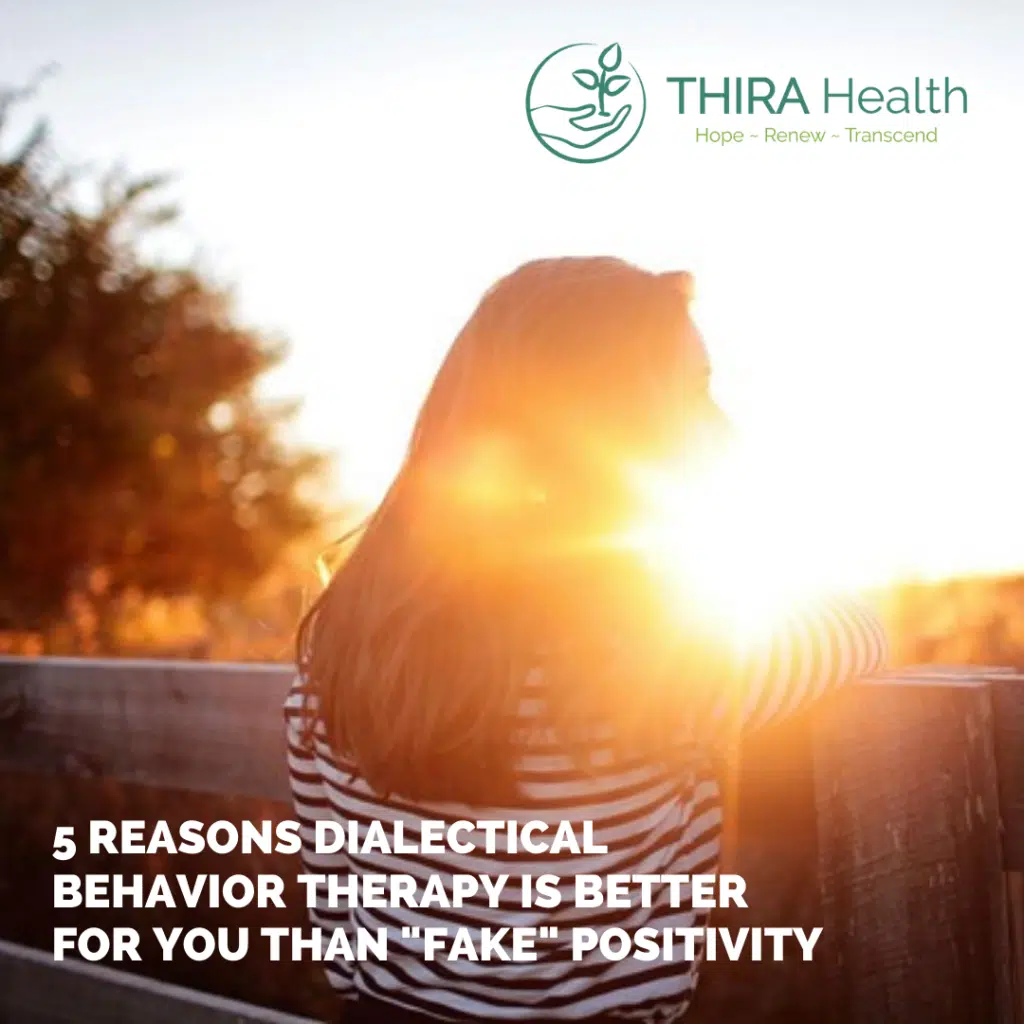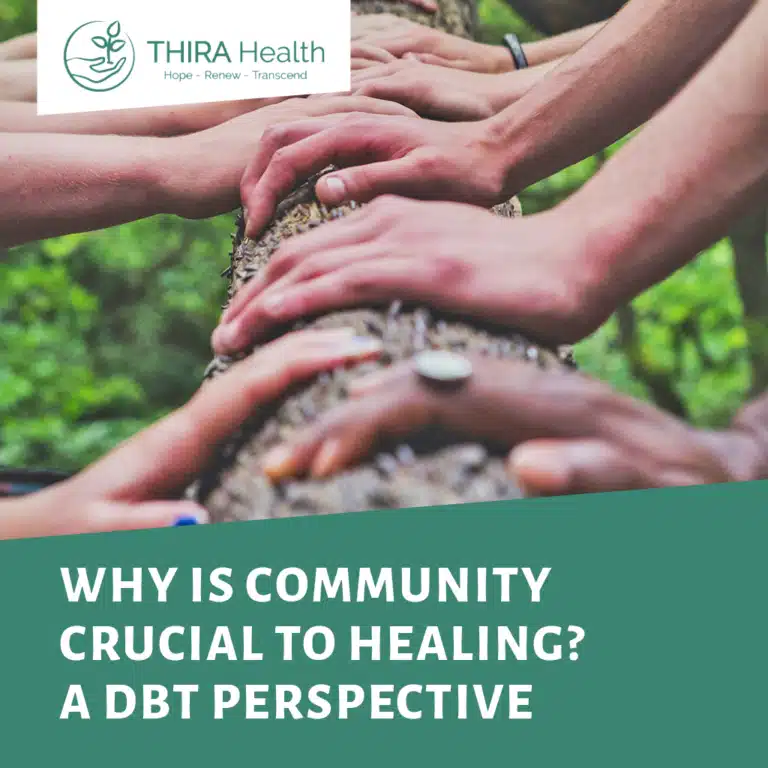”It’s okay to feel sad sometimes.” – Anonymous
Our entertainment and celebrity-driven culture often values upbeat positivity above all else, blindly chasing social or material gains to the exclusion of anything that may be construed as negative. In this all too pervasive environment, not being happy can feel a lot like being wrong in some way, which is a challenging mindset to combat.
It’s not that being positive is is a bad thing (it’s not), but there is a distinct pressure as you move through life to feel happy and good at all times – think social media “influencers” and their manufactured, upbeat realities and the unachievable expectations they can engender in us. That kind of “always on” happiness simply isn’t achievable. And as the opening quotation states, “It’s okay to be sad sometimes.” In fact, being sad at times is an important part of maintaining good mental health.
Let’s see how we can reject the phenomenon of toxic positivity as an answer to wellness, and instead look at what’s possible when you turn toward the acceptance of duality at the center of Dialectical Behavior Therapy.
“Some people have real difficulty identifying [sadness], due to living in a culture which values “positive” emotions above the more negative ones. This is a mistake because as humans, we need the full range of our emotions to be in working order in order to be able to respond appropriately to our own needs and those of others.”
What does toxic positivity mean?
Toxic positivity is the cultural demand that we are only acceptable when we are happy. It rejects ideas of failure, struggle, confusion, or sadness as a beneficial part of the human experience and seeks to create an emotional vacuum of only good, only the positive
Conversely, Dialectical Behavior Therapy is built on the duality of our minds and how we can use that duality to understand the experiences we have and grow from the way they’ve made us feel. Designed originally for the treatment of Borderline Personality Disorder, DBT has proven successful in the lives of a myriad of clients.
So why is the realistic approach of DBT better? Well, let’s talk it out in 5 quick points.
1.) The focus is on your feelings
Much of the global fascination with ruthless positivity is rooted in a fear of being faced with the discomfort of someone else’s struggle. By always insisting that someone else has it worse, or that everything will be okay, we give ourselves the universal permission to look away from things that make us feel sad or uncomfortable.
Dialectical Behavior Therapy gently rejects this compulsory comfort in favor of making space for your emotions. Your DBT experience is rooted in the wholeness of your emotional spectrum, with no need to change it or judge it. There is no room for the way other people feel about your feelings to be louder than your own self-perception.
 2.) You can find acceptance for all parts of you
2.) You can find acceptance for all parts of you
Often, you may feel encouraged to work toward a concrete absolute in the roles you play in life. You are a parent, a boss, a child, a friend, or a partner. But you’re not just one of those things, you’re all of them. DBT can help you embrace the truth that you are a whole person and that those roles are simply a part of the multifaceted you.
Suppose you feel compelled to work toward one of those facets by denying the others. In that case, the change you make or success you see is bound to your ability to deny your own reality and emotional needs. DBT insists on wholeness in the self instead of in a single role. This can help you to set goals and create change that allows each aspect of yourself to grow—both individually and as your whole self.
3.) It’s not possible to fail
Part of the fear of going to therapy or recognizing the need for more intensive treatment is a fear of failing in a space where you already feel vulnerable. If you are feeling raw, needing support, or you’re unsure of how to move forward after trauma, the prospect of failure in healing can stop you from even trying. Particularly if you’ve been subject to positivity culture and adopted its lens of understanding the world around (and within) you, failure is a paralyzing force that prevents possibility.
DBT removes the risk of failure by operating under the assumption that you cannot fail. Change is central to your progress but if it’s not working, the methttps://thirahealth.com/how-dialectical-behavior-therapy-works-at-thira-health/hods used can change too. You are the static party that your therapeutic tools are designed to support. If they aren’t working, it’s your systems that are failing, not you.
4.) Validation is key
A lot of what is culturally accepted as validation can be invalidating in practice if you (or others) are unwilling to look at the challenging emotions underneath. If you’re attempting self-encouragement by saying, “You’ve got this because you’re the best,” but truthfully you’re feeling uncertain and self-conscious, your words will fall flat.
Instead, DBT encourages mindfulness so you can validate what you’re feeling as well as your ability to overcome those feelings and prevail. You don’t have to feel capable to actually be capable—and we want to help you validate both of those realities.
5.) We’ll focus on acceptance instead of avoidance
What’s that you’re feeling? If you’re not sure, you may have the ingrained desire to push it away and deal with it later. But if you look at it, prepared to be curious instead of uncomfortable, you can accept that odd and right-now-unnamable feeling you’re experiencing without avoidance, and perhaps eventually reach understanding.
In order to accept it, you’ve got to acknowledge it and consider how you’d approach it later. That’s what DBT wants to help you do.
Ultimately, Dialectical Behavior Therapy is the supported experience of feeling the entire spectrum of human emotion. It can be difficult to look toward those things that incessant positivity train us to look away from, but you don’t have to do that work alone. Instead of toxic positivity, we want to help you give yourself permission go forth and feel all your feelings. They look good on you.


 2.) You can find acceptance for all parts of you
2.) You can find acceptance for all parts of you





